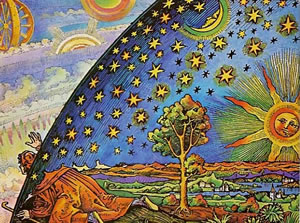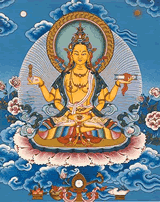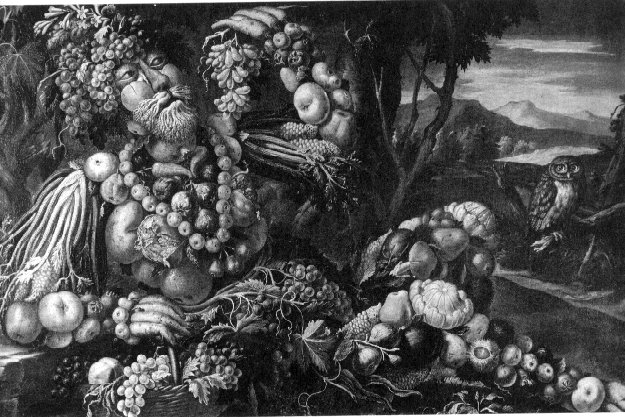We are definitely feeling the coming of autumn. Cooler days and nights - consistently. We can accomplish more work in the garden in a afternoon without exhausting ourselves in the heat. I don't expect any rain until November, so we must keeping watering in the garden.
My apple bell wand has been rededicated and is ready to use.
“The Wheel rolls more, and Autumn returns.
Cooler the rain; the Sun lower burns.
The coloring leaves presage the Year:
All things move into harvest’s sphere.
I vow to savor fruits first picked;
nor into grief shall I be tricked.
I vow to offer what once I spurned,
and face the Turning reassured.
- Asleen O’Gaea, Celebrating the Seasons of Life: Beltane to Mabon, p. 116.
Cooler the rain; the Sun lower burns.
The coloring leaves presage the Year:
All things move into harvest’s sphere.
I vow to savor fruits first picked;
nor into grief shall I be tricked.
I vow to offer what once I spurned,
and face the Turning reassured.
- Asleen O’Gaea, Celebrating the Seasons of Life: Beltane to Mabon, p. 116.
"Lord, it is time. The
summer was very big. Lay thy shadow on the sundials,
and on the meadows let the winds go loose. Command the last fruits that
they shall be full; give them another two more southerly days, press them
on to fulfillment and drive the last sweetness into the heavenly wine."
- Rainer Maria Rilke
- Rainer Maria Rilke























